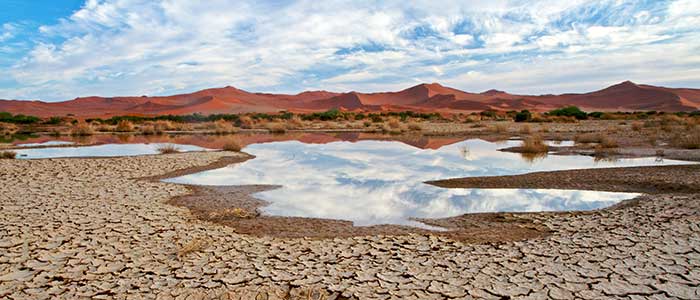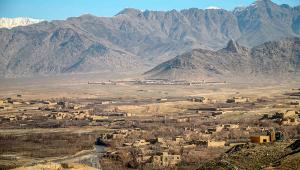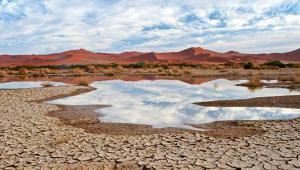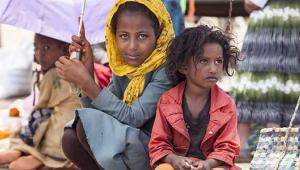Web_DroughtZambia_shutterstock_74778760.jpg

Drought in Africa
The UK’s Department for International Development announced today that it is stepping up its humanitarian support to the southern African country, which with today’s announcement will total £14.5m since October 2015.
International development minister Nick Hurd said providing support is not only “hugely important to African people” but also in the UK’s national interest.
The announcement came as the World Food Programme appealed for $38m as the situation in Malawi worsens and the UN agency’s funds wane.
Without additional contributions, the WFP warned it would have to suspend its cash distributions in March and drastically scale back or even discontinue its food distributions by April.
“New contributions are urgently needed to ensure people get the assistance they need to make it through this period,” said WFP country representative Coco Ushiyama, adding that the WFP would further explore regional and international food procurement options given Malawi’s unusually high food prices.
In January the WFP estimated that 2.83 million people in the country will experience food insecurity by March 2016, while maize prices are currently more than 60% above the three-year average for this time of year, rising to as much as 175% more in some markets in the country’s south.
UNICEF also warned today that cases of severe malnutrition in Malawi jumped by 100% over December and January.
The agency said that across eastern and southern Africa, almost one million children are in need of treatment for severe acute malnutrition after two years of erratic rain and drought combined with one of the most powerful El Niño events in 50 years.
Lesotho, Zimbabwe and most provinces in South Africa have declared a state of disaster, with the Zimbabwean government appealing for funds from the local private sector and charities.
In Ethiopia, the number of people in need of food assistance is expected to increase from over 10 million to 18 million by the end of 2016, not including 7.9 million that are already being supported by a government-led programme.
Speaking at the opening of a high-level discussion on the humanitarian response to the drought in Addis Ababa at the end of last month, Ethiopia’s deputy prime minister Ato Demeke Mekonnen warned that the country’s problems “are far from over”, and only getting “more complicated”.
He said the systems in place to handle regular hazards are unable to cope with the scale of this crisis, which he said would have a lasting impact on the country if not addressed now.
“We don’t want to lose our developmental gains and trajectory to this drought. Needless to say, we count on our international partners to help us overcome this disaster,” he stated.
El Niño is also taking its toll across Africa, particularly in Somalia, Kenya and Angola. El Niño phases see the cyclical warming of the tropical Pacific – a natural phenomenon but one that is both intensified by and in turn intensifies man-made climate change.













